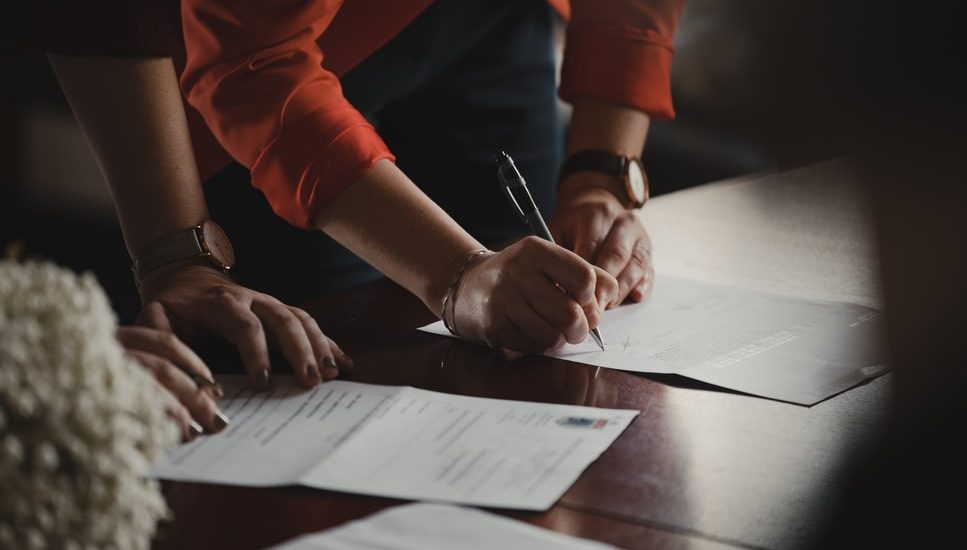Many people think a will is just a paper document. In fact, a will is a legal document, specifically an “Administration of Unclaimed Property Act.” A will is a contract between you and your loved ones. And if you put it in writing, you can’t make any changes or amend it. So making a will can be an important step toward establishing your legacy.
The main cost associated with creating a will is your attorney’s fee. But not having a will can cost you more. Wrongly naming people as beneficiaries is one of the biggest potential problems. Many people avoid creating a will because they don’t know what their assets will be worth in the future. If your spouse is the beneficiary, you may be in for a surprise when you die.
Why Should You Make a Will?
A will helps distribute your assets on your death. A will can force a family to follow your wishes on everything, whether they are related to your estate or not. Your will does not provide legal rights but simply dictates that your wishes are your estate’s wishes. What does that mean? Family members may not respect a will. As a result, they may not pay for your funeral or show up at your memorial. This is not what you want, because a will could cause family members to think differently about you. But a will let you specify who will get what, what charities are eligible for your estate’s proceeds, and what will happen to your pets. For an estate, you can consider the letter of testamentary.
What to Consider Before Getting a Will
Have a will in place before probate becomes the order of the day. With time running out to file your petition, you’ll want to make sure your lawyer has had ample time to prepare and complete the paperwork for you. If someone is about to die, they can petition a probate court to make a will, execute executor duties, and control your assets. If probate becomes necessary, your family has 45 days to file.
A living trust can also simplify your life. After all, it’s an important, potentially life-changing decision to get it wrong. Before you can do anything about making a will, you’ll need to take action to avoid getting into probate. Even if you don’t have a family to care for, the power to make your will is one that can have an immediate impact on your assets.
Benefits of Having a Will
- Enhancing your financial security
- Curb family conflicts
- Giving loved ones closure
- Avoiding probate and estate taxes
- Protecting the family fortune
Creating a will can give you more freedom, security, and peace of mind. It’s your gift to your loved ones.
How to Create a Will
Before you make a will, it’s important to know how to do it. A will is different than a trust. A will outlines your intentions for your family and the assets you’ve inherited and leave to your loved ones. Here are some steps to creating your will:
- Define what you what to do with your assets
- Pick an executor and designated trustee
- Create the legal documents needed for a will
- Draft your will or get help drafting your will from a lawyer
When deciding between a will or living trust, it really comes down to how you’re going to want to handle your assets in the event of your death. A living trust is a will that, in addition to naming your executor, is designed to follow certain rules that assure the court you are keeping your assets in trust for your family. These rules are common sense but can sometimes be overlooked in a moment of confusion. For instance, the trust assets will be passed on to children, grandchildren, or others in the will-less person’s will.
A will is the simplest and cheapest way to set up your affairs, protect your assets, and give your heirs the money they deserve. You don’t necessarily need a lawyer for your will—you can use recommended software. If you do use a lawyer, make sure they’re experienced and know your area of expertise. Don’t worry about spending hours at a lawyer’s office. Making a will isn’t something to fear or avoid. It’s a very reasonable financial move.
All it takes is a simple conversation with your loved ones and a few simple steps to create a will. Don’t forget to ask questions about the beneficiary designations. It’s a good idea to make sure the kids get equal shares of the assets, and that they will be able to get access to your will and the assets after you pass away. Make the right choice and you will live a life filled with peace of mind.

